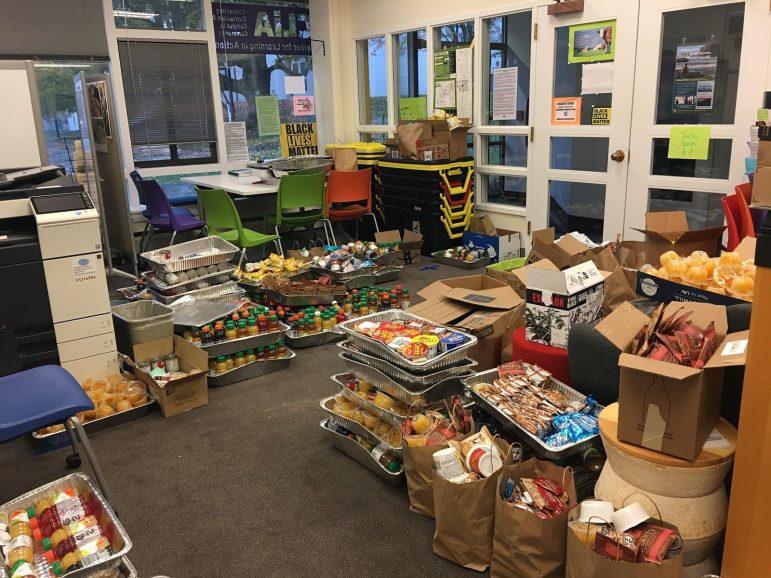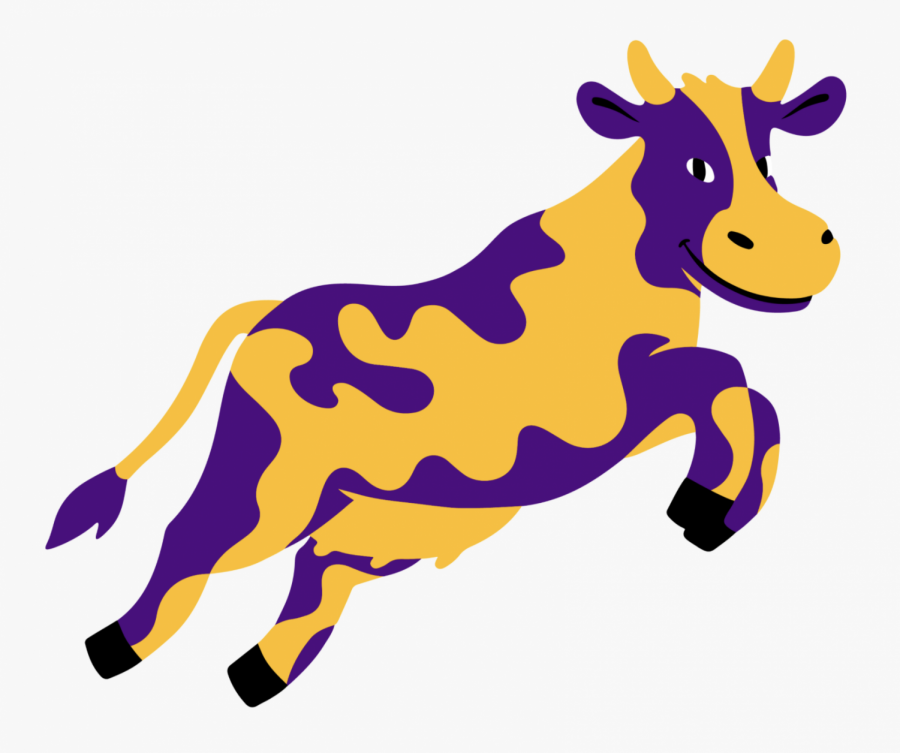
Even in the best of circumstances, it would be hard to keep up with all the community work and engaged learning Williams students do. In these times of small face-to-face social circles and carefully choreographed digital ones, staying in touch with the world beyond Williams has grown even more challenging.
Through this new monthly column, we at the Center for Learning in Action (CLiA) aim to help you see what you might otherwise have missed. Here you’ll read reflections and stories from students, faculty, and staff who are leading experiential projects. You’ll also get to know the community partners making these projects possible. We hope that when you hear about the community-building work going on outside the bubble, you’ll feel uplifted (as we do!) and encouraged to participate in new ways.
In this kickoff column, I’ll catch you up on some of it.
Obviously, COVID-19 has constrained in-person engagement, and CLiA has moved most of its activity to a remote format. It might therefore seem like not much has been happening. The reality is quite the opposite. For example, even though local K-12 schools got off to a late start and their teachers are adjusting their methods, CLIiA’s tutoring, mentoring, and curriculum development programs are either underway or in development. Williams students have shown remarkable patience as they help local educators “change tires while driving the bus.” With so much at stake, notably racial justice curriculum development, it makes no sense to do otherwise. Students are now working with CLiA staff to reimagine many of our programs to adapt to the challenging circumstances. Faculty are doing the same, consulting with CLiA as they pivot away from in-person activities.
Here are a few notable efforts:
— Students in Associate Professor of Africana Studies Rashida Braggs’ “AFR 440: Performing Blackness” won’t just study the blues; they’ll try their hands at writing and producing their own music with guidance from Professor Braggs and OIT’s Patrick Gray, after seeing a virtual presentation and performance by bassist, composer, and bandleader Marcus Shelby.
— Assistant Professor of Anthropology Joel Lee has found a way to make a virtue out of the split remote/in-person enrollment in his Fall course, “ANTH/ENVI 322, Waste and Value.” He has added a comparative dimension to course fieldwork, with on-campus students visiting key institutions at Williams to observe their waste streams, while those studying remotely visit comparable sites in their home communities.
— Williams Recovery of All Perishable Surplus (WRAPS) leaders Taylor McClennan ’22 and Josh Reynolds ’21 recently finished sorting 1900 lbs. of non-perishable food donated by on-campus students since the beginning of the fall semester. The WRAPS team of volunteers had organized a carefully sequenced, contactless delivery of soup, juices, fruit, cereal, and more from all the dorms to the CLiA office over a two-week period. Thanks to the generosity of so many students and support from the Office of Student Life, pantries in Northern Berkshire County will be able to help more struggling families than before.
— The new Williams for Williamstown student initiative, organized last spring to provide meals from local restaurants for essential health care workers, has been so successful that it has begun partnering with WRAPS to provide meals to low-income families in Northern Berkshire as well.
— Lehman Community Engagement (LCE) held a very productive hybrid Great Day of Service on Oct. 3 with 92 students participating in remote and in-person community service opportunities. Remote volunteering opportunities included making prayer shawls, recording short educational videos for elementary school programs, and writing thank-you notes for Berkshire Medical Center staff. In-person volunteers worked at Hopkins Forest and nearby Bonnie Lea Farm. Lehman has been running additional remote and in-person volunteer projects every Saturday since then.
— The Positive Pathways Partnership (P3), a student-led group, kicked off its 2020-21 mentoring and tutoring work with the inmates at the Berkshire County House of Correction (BCHOC), by delivering well over 100 books donated by Williams students to the institution’s library. After a brainstorming meeting with BCHOC leadership and advisor Sharif Rosen, P3 leaders Emily Marquis ’22 and Molly Fraser ’23 are now developing a process for P3 volunteers to create tutoring videos to help inmates study for the HISET (high school equivalency test).
— EphVotes, the Williams student group dedicated to helping every eligible Williams student exercise their right to vote, has been in hybrid mode since August, providing socially-distanced, in-person support and voting-related mailing supplies to students on campus, along with online assistance through its user-friendly website.
If you have had a hand in any of these initiatives, please know that your contribution is greatly appreciated.
If, after reading these examples — or President Mandel’s recent letter —you feel inspired to engage in ways you have not done already, please know that we at CLiA are prepared to help you do just that. You can get started by checking out one of our evolving lists of engagement opportunities: the general one, the one focused on racial justice research and advocacy work, and the list of U.S. Election Analysis and Engagement Opportunities. Though we always invite your participation in community work, we appreciate how hard it is, especially in these times of social isolation and Zoom fatigue, to keep a healthy balance. We welcome the opportunity to become part of yours!
Paula Consolini is the director of the Center for Learning in Action (CLiA). CLiA can be reached at [email protected] and during their weekly open office hours.




